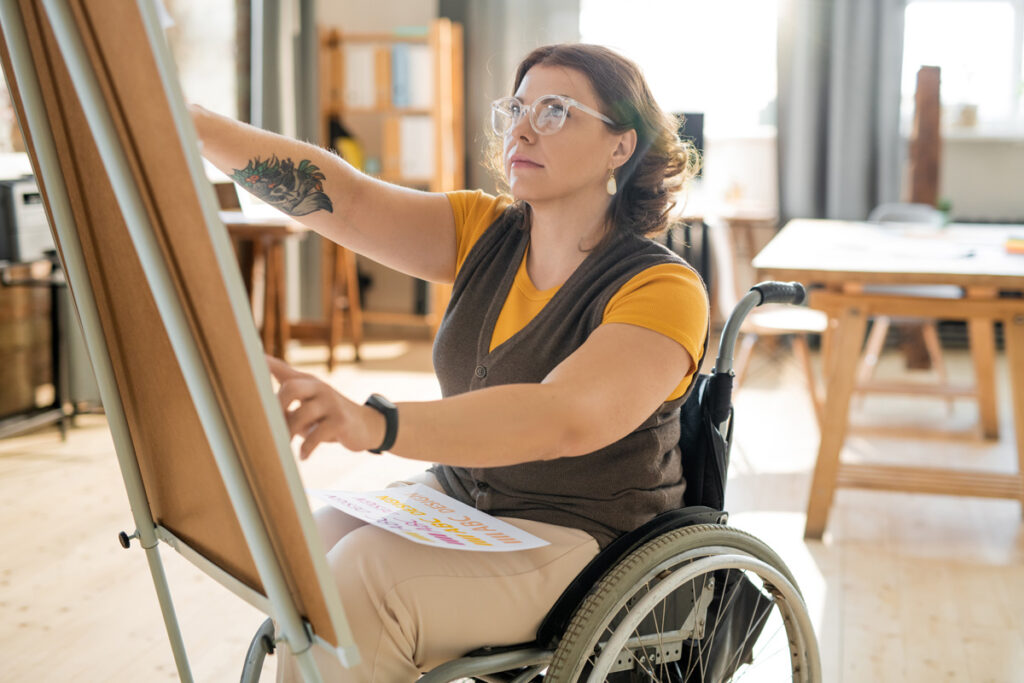International Day of People with Disability (IDPwD) was held on December 3rd last year. It is a time to recognise and celebrate the achievements and experiences of the people living with a disability in our community. Events were held all across the country in celebration of this day. So, what makes days like IDPwD an important part of our community?
At Forward, living and working as part of the disability community, focusing on the impact of spinal cord injury, we witness the great contributions made by people with a disability in society. However, it’s easy for many Australians to be removed from the conversation about disability altogether. In some cases, it’s not uncommon for someone to rarely, if ever, socialise with a person living with a disability.
Days like IDPwD are crucial in including the wider community in the conversation about disability. They offer a space for focused public education on the needs and wants of people with a disability. The day aims to raise awareness, create representation and prompt the discussion around disability in our community, with the hopes of reducing rates of disability discrimination in Australia.
Unfortunately, as you may have experienced, people with a disability have historically been marginalised and aren’t perceived as individuals without their disability. We’ve seen this lead to reduced job opportunities, social exclusion and affect a person’s self-worth and esteem.
People still face many barriers and discrimination with a disability in our community. Disappointingly, around 1 in 10 people aged 15 and over have experienced disability discrimination within the past year. And a further 44% of all complaints to the Australian Human Rights Commission are about disability discrimination.

The Australian Institute of Health and Welfare provides shocking statistics on just how prevalent days like IDPwD are:
- 1 in 6 people in Australia lives with a disability, equating to around 4.4 million nationwide.
- Of the 1 in 8 people with disability who are disabled as a result of an accident or injury, the incident most commonly happened on the road (30%) or at work (29%), followed by at home (18%) and sporting venues (7.6%) (ABS 2019a).
- 47% of adults living with a disability have experienced violence after the age of 15, compared with 36% without disability.
- 48% of people living with a disability (aged 15-64) are employed, compared to 80% of those living without a disability.
IDPwD provides the opportunity to recognise people with a disability as fully functioning members of society, as leaders, artists, students and educators. It creates visibility for a community often excluded from society and highlights their works and worth.
At Forward, we focus on ability over disability, defining a person not by their disability but their contributions as active participants in society. For IDPwD, it is a great opportunity to celebrate the interests, passions and achievements of each individual for who they are and what they do with their different abilities in our communities.
For more information, check out our last article on IDPwD and hear from Lynda Holt on her thoughts on the importance of the day.
